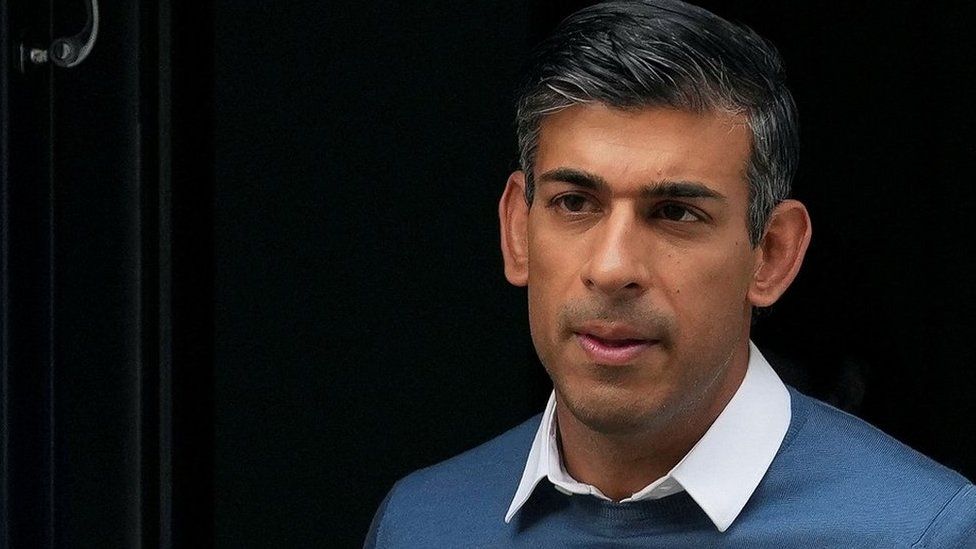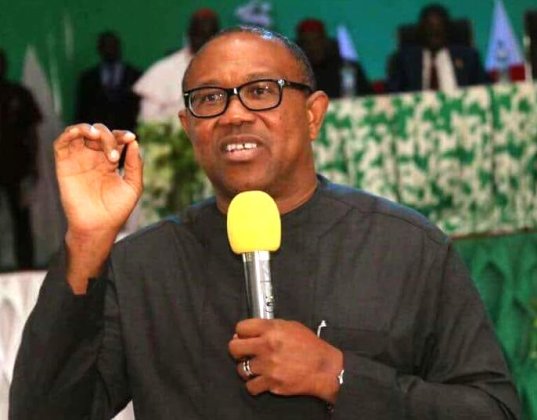The United Kingdom has penned down Côte d’Ivoire and Botswana as countries to replicate the Rwanda migrant deportation scheme.
The plans were seen in leaked documents that revealed the government’s extensive search for another third-country deal, according to a report from The Times on Monday.
Other countries which the UK has reportedly entered into talks with for the asylum deal include Armenia and Costa Rica.
Several South American countries, including Ecuador, Paraguay, Peru, Brazil and Colombia, were also approached, but were viewed as less likely to be interested in what the government describes as a “third-country asylum processing deal”.
Some African countries were placed on a reserve list that would be approached if other targets failed. They include Cape Verde, Senegal, Tanzania, Togo, Angola, and Sierra Leone.
Morocco, Tunisia, Namibia, and The Gambia were said to have “explicitly declined” the arrangement.
The UK is in talks with the nations after Rishi Sunak, UK prime minister, gave the home and foreign offices a deadline of last autumn to secure two additional deals, The Times added.
Officials are said to be testing countries against a feasibility criteria, which include the size of the territory and population.
WHAT PROGRESS HAS BEEN MADE WITH THE RWANDA DEPORTATION SCHEME?
It has been two years since Britain and Rwanda signed a deal that would see migrants who cross the English Channel in small boats, sent to the East African country, where they would remain permanently.
The plan has been challenged in the courts, and no one has yet been sent to Rwanda under an agreement that has cost the UK at least 370 million pounds.
Although the Safety of Rwanda Bill had been approved by the house of commons, where Sunak’s Conservatives have a majority, the house of lords, parliament’s unelected upper chamber, inserted a series of amendments to “ensure it complies with international law”.
The commons rejected the changes last month, but the lords refused to back down.
The unmodified bill is expected to be sent back to the lords this week and if it becomes law, it could be weeks before any flights to Rwanda take off, as people chosen for deportation are likely to lodge appeals.
Some reports have also suggested that Rwanda’s state-owned airline turned down a UK government proposal to transport asylum seekers, because it wanted to avoid being associated with the controversial scheme.







